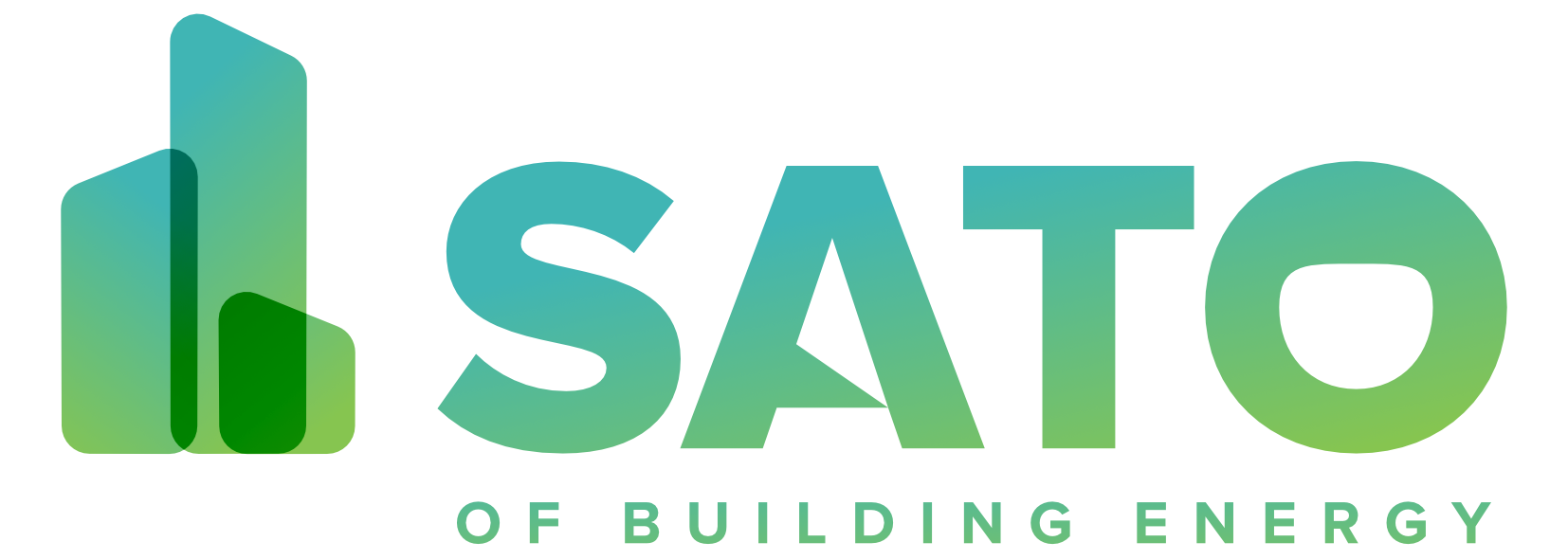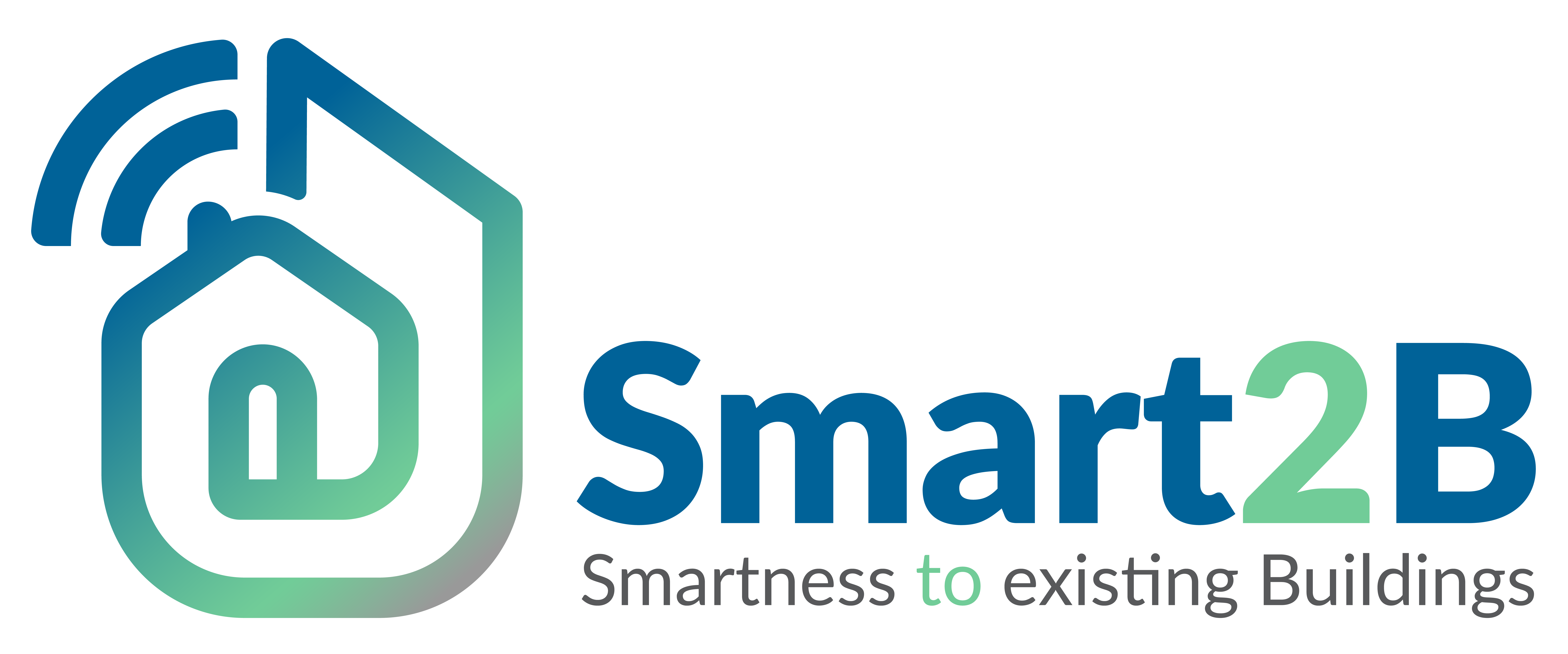



Increased energy efficiency and decarbonization of the energy system are two primary objectives of the European Energy Union. European buildings remain predominantly inefficient, accounting for 40% of final energy consumption and 36% of the total EU CO2 emissions. Machine learning is a key enabler of scalable and efficient tools for building energy assessment and for the development of services capable of dealing with the increased complexity of energy management in buildings generated by the electrification of the energy system. The aim of this workshop is to provide energy and machine learning researchers with a forum to exchange and discuss scientific contributions, open challenges, and recent achievements in machine learning and their role in the development of efficient and scalable building energy management systems.
Energy efficiency is of the utmost importance for modern societies and for the sustainability of our planet. European buildings remain predominantly inefficient, accounting for 40% of final energy consumption and 36% of the total EU CO2 emissions. EU targets for 2030 include reaching a 32% share of renewable energy and increasing energy efficiency by at least 32.5%. Due to the scale and complexity of current building energy systems, traditional modeling, simulation and optimization techniques are feasible and unable to achieve satisfactory results. To achieve the aforementioned goals, modern buildings require the capabilities of self-assessing and self-optimizing energy resources, of meeting user preferences and requirements, and to contribute to an overall better and sustainable energy system. Based on the recent history, we plan to organize this workshop as a European forum for building’s energy and ML researchers and practitioners that wish to discuss the recent developments of ML for developing BEMs, by paying special attention to solutions rooted in techniques such as pattern mining, neural networks and deep learning, probabilistic inference, stream learning and mining, and big data analytics and visualization.
Increased energy efficiency and decarbonization of the energy system are two primary objectives of the EuropeanEnergy Union. These objectives are clearly demonstrated in ambitious EU targets for 2030, namely, reaching a 32% share of renewable energy and increasing energy efficiency by at least 32.5%. Meanwhile, buildings remain predominantly inefficient, accounting for 40% of final energy consumption and 36% of the total EU CO2 emissions. The ongoing energy transition brings the possibility of real-time energy resource management to building owners/managers and energy operators, with potential benefits for consumers, producers and the environment. To better tap into this potential, stakeholders must be able to continuously assess the energy performance of building energy systems and appliances, identifying areas where optimization services can be applied. Implementing this assessment and optimization capability requires real time monitoring and control of the building equipment and major energy consuming appliances. This functionality can be effectively performed by Internet of Things (IoT) enabled sensors and devices coupled to services that can assess and optimize the energy resources in buildings. The capability to analyze and optimize buildings energy resources and energy consuming equipment in useful time is not possible without employing Machine Learning (ML) techniques and big data infrastructures. This gives rise to ML Building Energy Management (BEM) Services that can be effective in an increasingly electrified and complex environment with energy flows between the grid, photovoltaic production, electric vehicles, storage batteries, building thermal capacity, and considering changing consumption patterns, occupants comfort, and highly variable user preferences.
The workshop follows the success of the 2021 edition (MLBEM 2021) co-located with ECML-PKDD’2021. The workshop gained strong interest, with an attendance between 15 and 25 participants, lively discussions after the talks, and an excellent invited talk. The workshop aims at filling a gap in the EU workshop panorama, providing researchers with a forum to exchange and discuss scientific contributions and open challenges, both theoretical and practical, related to the use of machine-learning approaches in building energy management. We want to foster joint work and knowledge exchange between the building's energy community, and researchers and practitioners from the machine learning area, and its crossing with big data, data science, and visualization. The workshop shall provide a forum for discussing novel trends and achievements in machine learning and their role in the development of scalable BEMs. It aims to highlight the latest research trends in machine learning, privacy of data, big data, deep learning, incremental and stream learning, and adversarial learning. In particular, it aims to promote the application of these emerging ML techniques to buildings energy management.
The workshop shall contribute to identify new application areas as well as open and future research problems related to the application of machine-learning in the building's energy field.
MLBEM welcomes both research papers reporting results from mature work, recently published work, as well as more speculative papers describing new ideas or preliminary exploratory work. Papers reporting industry experiences and case studies will also be encouraged. However, it should be noticed that papers based on recently published work will not be considered for publication in the proceedings.
All topics related to the contribution of machine learning approaches to the security of organisations’ systems and data are welcome. These include, but are not limited to:
MLBEM welcomes both research papers reporting results from mature work, recently published work, as well as more speculative papers describing new ideas or preliminary exploratory work. Papers reporting industry experiences and case studies will also be encouraged. However, it should be noticed that papers based on recently published work will not be considered for publication in the proceedings.
Submissions are accepted in two formats:
All submissions should be made in PDF using the EasyChair platform and must adhere to the Springer LNCS style. Templates are available here.
Tentatively, all regular workshop papers will be published in a LNCS proceedings volume (to be defined). At minimum, a proceedings volume will be edited and published online.
Submission deadline
Paper author notification
Camera ready submission deadline
| 14:30-14:40 | Opening remarks: Welcome to MLBEM 2022! Pedro Ferreira and Guilherme Graça, Faculty of Sciences of the University of Lisbon |
| 14:40-15:10 | Conv-NILM-Net, a causal and multi-appliance model for
energy source separation Mohamed Alami, Jérémie Decock, Jesse Read and Rim Kaddah |
| 15:10-15:40 | Domestic Hot Water Forecasting for Individual Housing with
Deep Learning Paul Compagnon, Aurore Lomet, Marina Reyboz and Martial Mermillod |
| 15:40-15:50 | Final remarks Pedro Ferreira and Guilherme Graça, Faculty of Sciences of the University of Lisbon |
The MLBEM workshop will be fully organized online. There is no physical venue to attend the workshop.
From the 19th to the 23rd of September 2022, the next European Conference on Machine Learning and Principles and Practice of Knowledge Discovery in Databases will be held in Grenoble, France. This is Europe’s top machine learning and data mining conference, with over 20 years of successful events and conferences across the continent.